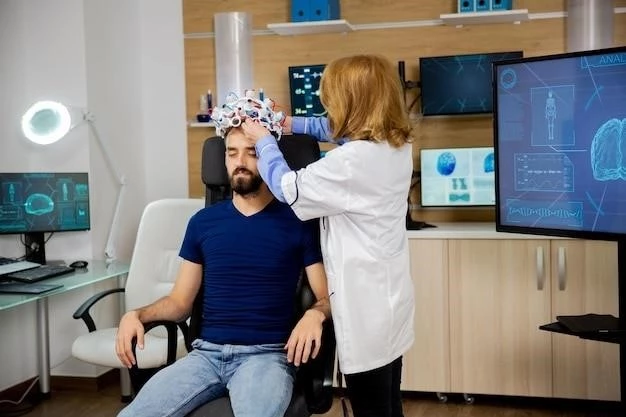Understanding Cerebral Calcifications and Opalescent Teeth
Exploring the causes and treatments of cerebral calcifications and opalescent teeth‚ along with symptoms and management of phosphaturia‚ rare diseases‚ genetic disorders‚ metabolic conditions‚ and neurological implications.
Causes and Treatments of Cerebral Calcifications and Opalescent Teeth
When it comes to cerebral calcifications‚ causes can vary from genetic disorders to infections. Treatment depends on the underlying condition‚ ranging from medication to surgery. Opalescent teeth‚ on the other hand‚ are typically caused by an inherited condition known as amelogenesis imperfecta. Treatments for opalescent teeth focus on cosmetic improvements through options like veneers or crowns.
Symptoms and Management of Phosphaturia
Phosphaturia can present with symptoms such as bone pain‚ muscle weakness‚ and fatigue due to excessive loss of phosphorus in the urine. Management includes dietary adjustments to increase phosphorus intake‚ supplementation‚ and monitoring kidney function. In severe cases‚ medication may be prescribed to regulate phosphate levels and prevent complications.
Rare Diseases⁚ Cerebral Calcifications and Phosphaturia
Rare diseases involving cerebral calcifications and phosphaturia may include disorders like Fahr’s Syndrome‚ which can cause calcifications in the brain‚ and familial tumoral calcinosis‚ characterized by abnormal phosphate metabolism leading to phosphaturia. These conditions require specialized medical care and ongoing monitoring to manage symptoms and complications effectively.
Dental Health⁚ Opalescent Teeth Explained
Opalescent teeth‚ often caused by amelogenesis imperfecta‚ appear translucent and have a characteristic blue-gray sheen. This genetic disorder affects enamel formation‚ leading to weakened and discolored teeth. Treatment may involve cosmetic interventions like crowns or veneers to improve the appearance and restore function. Proper oral hygiene practices and regular dental check-ups are essential for managing opalescent teeth.
Genetic Disorders and Metabolic Conditions related to Cerebral Calcifications and Phosphaturia

Genetic disorders like primary familial brain calcification and hypophosphatemic rickets are associated with cerebral calcifications and phosphaturia‚ respectively. Metabolic conditions such as vitamin D deficiency can exacerbate these issues. Understanding the genetic and metabolic factors contributing to these conditions is crucial for accurate diagnosis and effective management through tailored treatment plans and lifestyle modifications.
